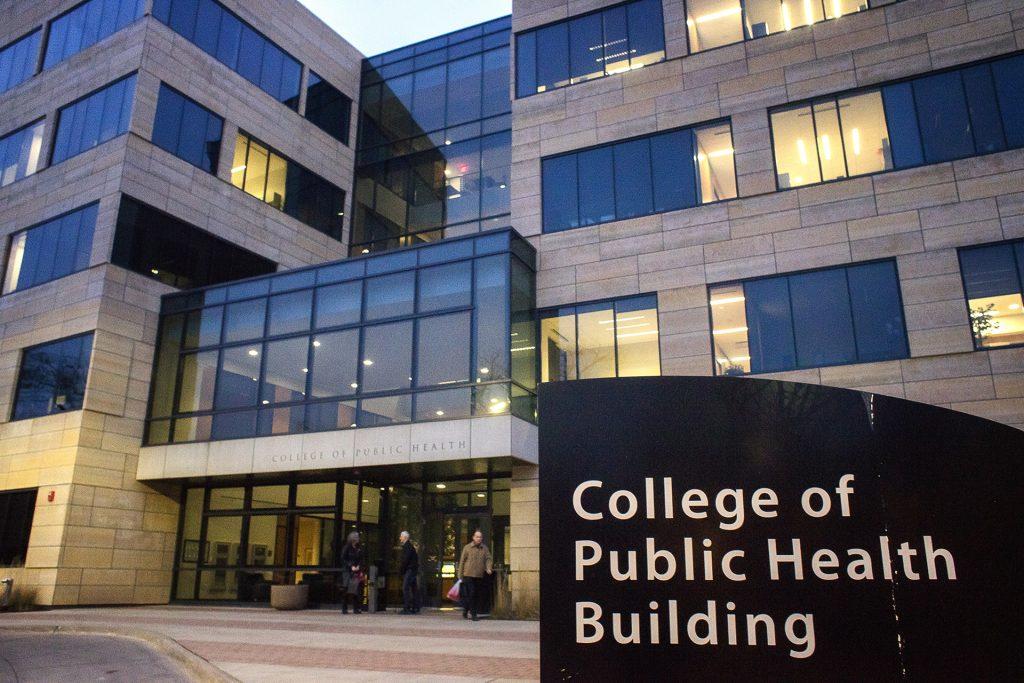A consortium initiated by the National Institutes of Health, NeuroNEXT, is designed to bring together clinical sites and coordinating centers to perform clinical trials of neurological disorders.
As of now, there are 25 clinical trial sites across the country. The University of Iowa College of Public Health has been identified as the data coordinating center.
NeuroNEXT was initially funded in 2011, and the Clinical Trials Statistical and Data Management Center, a center in the Public Health College, applied for a five-year renewal in February.
“Set up for mid-level clinical trials, [NeuroNEXT] helps to determine whether interventions and treatments are powerful enough to go into the large informatory,” UI data center Director Christopher Coffey said.
The Public Health College is responsible for data management, protocol coordination, and monitoring the 25 academic sites that conduct trials, Coffey said.
NeuroNEXT is designed to provide expertise in clinical trial analysis both from a statistical and clinical standpoint, he said.
“The idea is it expands the accessibility to do these trials so that an investigator who doesn’t have a lot of experience and might have trouble pulling these pieces together which might be a reprimanding step for them to get funding for that study, they can use the expertise through the network,” Coffey said.
NeuroNEXT has had nine projects funded so far. Seven were by investigators who had never led a clinical trial before, Coffey said.
“Whereas, if the infrastructure [of NeuroNEXT] didn’t exist, they would have to pull the various pieces together,” Coffey said.
NeuroNEXT is not a disease-specific network, so it can cover any disorder under the neurological-disorders umbrella, other than stroke, he said.
Neurological disorders are complicated because there are a lot of subjective outcomes possible. There are a lot of variations seen in these disorders, said Dixie Ecklund, the director of operations for the data center.
“If somebody has cancer, you can take a CT scan or draw blood and say they have cancer. [However,] for Parkinson’s [disease], there’s no blood test,” she said. “If people have a constellation for symptoms, that eventually they get the diagnosis. And there is a lot of variability in the disease.”
“The NeuroNEXT network is an important addition to finding treatments for rare neurological diseases by combining efforts of multiple centers, coordinated by clinical and data centers with experience in these diseases,” Laurie Gutmann, director of site support and management, said in an email to The Daily Iowan.
The network aims to get more active and passive participation from pre-grant and junior faculty so they get to learn how a clinical trial protocol works. It is now aimed at training people of younger generations, Gutmann said.
“Going further, we want to use this network from an educational perspective,” Coffey said. “We are proposing to expand on training types of activities within the network.”
The network recently published a study that played a vital role in getting FDA approval for a Spiroza, a drug for infantile spinal muscular atrophy, Coffey said. That is a genetic disease that affects a person’s ability to walk in the long run.
“This type of network is important for gaining a better understanding of potential treatments for rare neurological disorders,” Guttman said.



